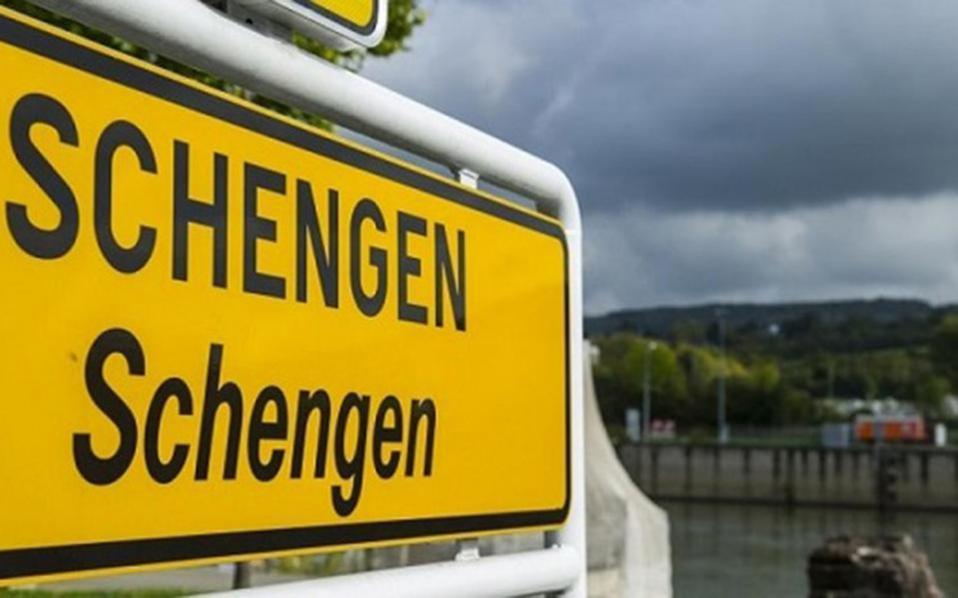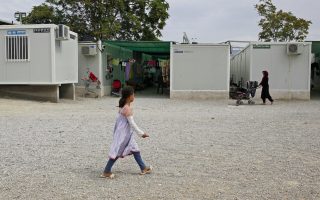Germany, Austria say emergency border controls must stay

Germany and Austria said on Thursday emergency border checks imposed within Europe's free-travel zone during the migrant crisis must be extended beyond the mid-November deadline.
In a blow to European integration, the European Union partly suspended the so-called Schengen free travel zone last year as countries struggled with a chaotic influx of about 1.3 million people, most of whom trekked from Greece to Germany after crossing the sea to flee conflict in the Middle East and Africa.
“The current system allowing border controls ends in mid-November. I favour that we can extend this,” German Interior Minister Thomas de Maiziere said on arriving for talks with his EU counterparts in Luxembourg.
”It is right we should extend the possibility of border controls on a European basis and we will discuss that on the sidelines today.”
Germany, Sweden, Norway, Denmark and Austria have the emergency border checks in place and Brussels-based diplomats from several EU member states have said in recent days they did not expect to fully restore free movement yet.
“I think you've got to take a look at the reality. In Greece there are 50,000 refugees … and there are many in the Balkan countries,” said Austria's Interior Minister Wolfgang Sobotka.
“So I can hardly imagine that the system will be functioning on Nov. 15. I think it will probably be necessary to have an extension or we have to think of other steps.”
The EU's executive European Commission says it would like to return to normal by the end of the year but said last month conditions were still not right despite a sharp drop in overall arrival numbers.
The mass, uncontrolled immigration last year caused a political crisis within the EU, even though the numbers were small compared to its population of about 500 million people, as member states argued over who should take in the refugees.
The bloc has since tightened its external borders and taken a more restrictive approach to granting asylum.
A report by non-governmental organisation RAND commissioned by the European Parliament estimated one-off costs of re-establishing borders inside Schengen at up to 20 billion euros, with annual operating costs at up to 3 billion euros thereafter.
Disruption to tourism and trade mean the overall cost to the EU economy would be much higher, though difficult to estimate.
[Reuters]





